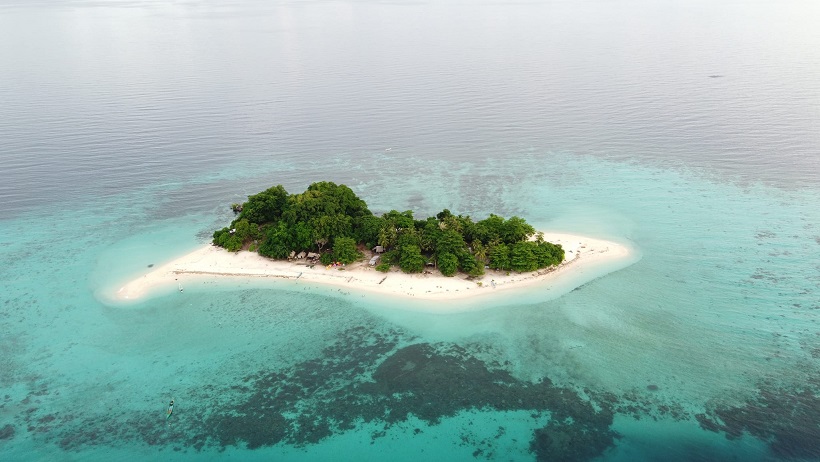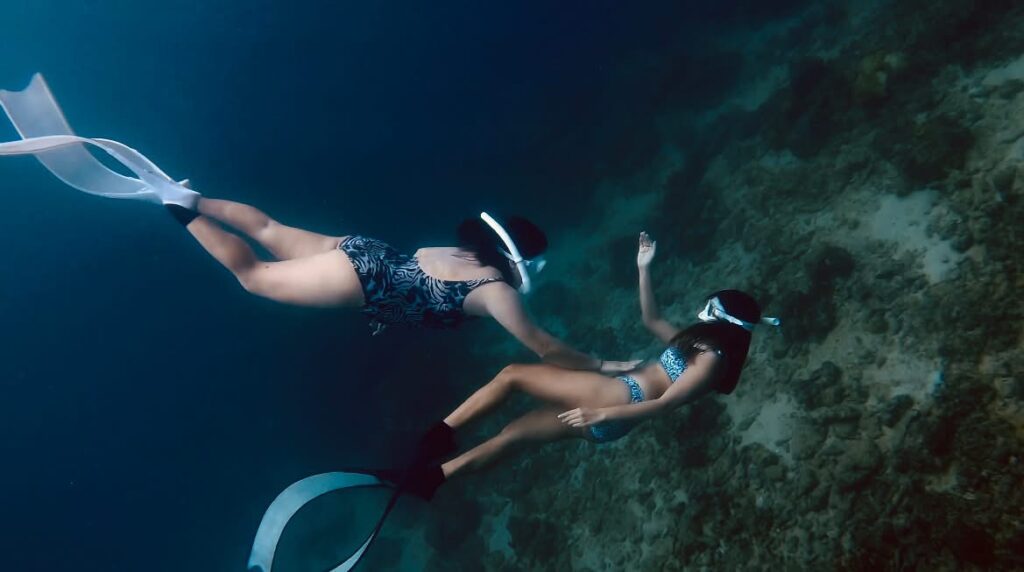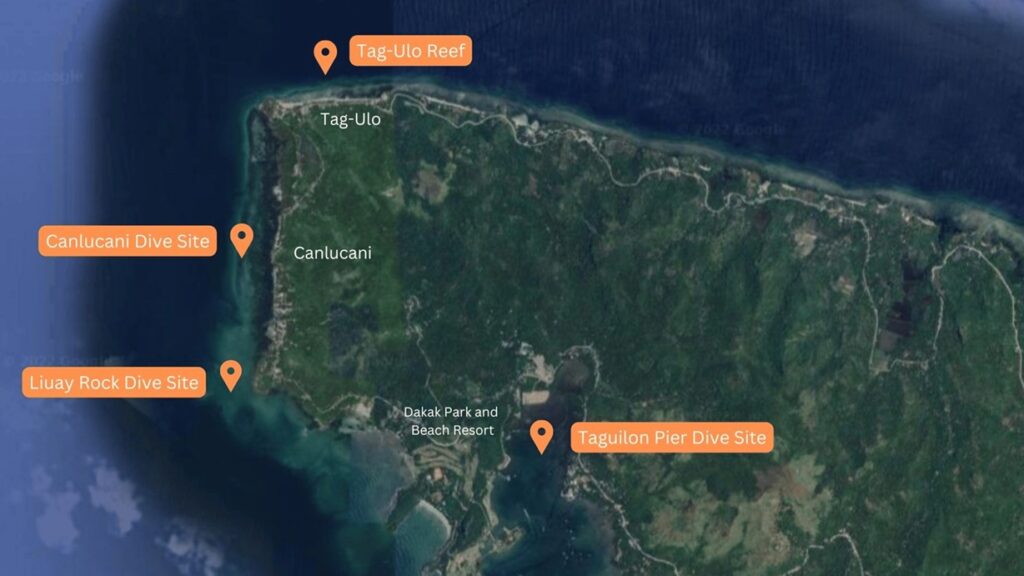5 Freediving Tips for Beginners to Stay Safe and Confident
By: Michelle Dano
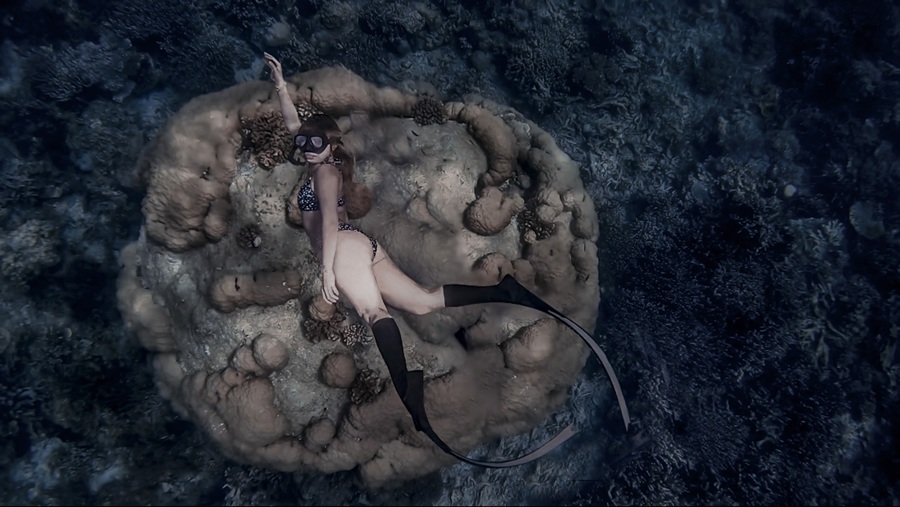
Starting your freediving journey can feel a little overwhelming, especially when you’re still figuring out how to hold your breath, equalize, and keep calm in open water. Trust me, every beginner has felt that same mix of excitement and “what did I just sign up for?”
You’re not alone and you’re not supposed to know everything right away.
Freediving is one of the most beautiful and freeing ways to explore the ocean, but it also comes with a learning curve. The good news? There are beginner-friendly techniques you can follow to make your first freedive safer, more comfortable, and way more enjoyable.
In this guide, I’ll walk you through 5 essential freediving tips for beginners, from the gear you’ll need to ocean etiquette and safety basics. Whether you’re getting ready for your first breath-hold dive or just curious about how to start freediving, this post will help you feel more confident with every breath.
1. Choose the Right Freediving Gear
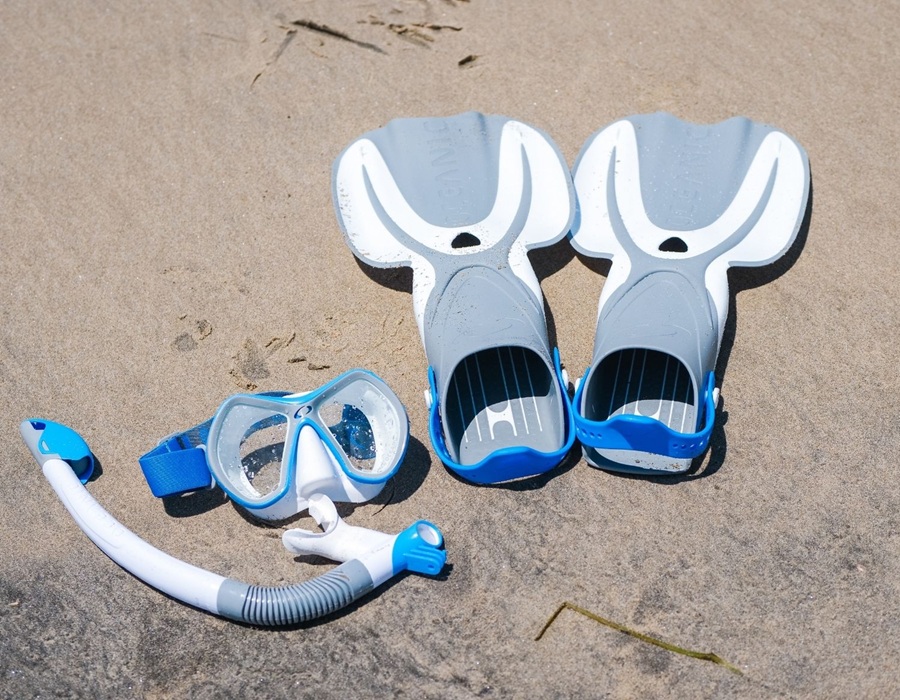
Before you even hit the water, getting the right gear is the first step to feeling confident during your first freedive. The right freediving equipment can help you move more efficiently, stay relaxed, and avoid unnecessary distractions or discomfort underwater.
Here’s what you need to start:
✅ Essential Freediving Gear for Beginners
-
Low-volume freediving mask – Designed to minimize the amount of air space inside, making it easier to equalize at shallow depths.
-
Freediving snorkel – Simple and flexible, usually without a purge valve or splash guard.
-
Long-blade fins – These allow you to move with less effort, conserving energy and oxygen. If you’re not ready for freediving fins, basic fins are okay for shallow practice.
-
Wetsuit or rash guard – A wetsuit adds warmth and buoyancy in deeper or colder water. For shallow dives in warm water, a rash guard or swimsuit often works just fine.
You don’t need to buy everything at once. Many freediving schools or dive shops let you rent gear, which is great for trying out different styles and brands before investing in your own.
🏊♀️ Important tip: Practice using your gear in a pool or calm water before diving in the ocean. This helps you get used to the fit and feel—so there are no surprises when you’re underwater.
Starting with gear that fits your body and skill level is key. Freediving is about feeling in tune with your environment, and that starts with being comfortable in what you’re wearing and using.
2. Eat Light and Avoid Caffeine Before Diving

What you eat (or drink) before your dive can make a huge difference in how your body performs underwater, especially during breath-hold.
When you’re freediving, the goal is to stay as calm and oxygen-efficient as possible. Heavy meals, caffeine, and alcohol can do the opposite, raising your heart rate, making you jittery, or causing discomfort mid-dive.
✅ What to Avoid Before a Freedive
-
Caffeine: Coffee and energy drinks can increase your heart rate, making it harder to stay calm and conserve oxygen.
-
Alcohol: Even small amounts can impair your focus, reaction time, and hydration.
-
Heavy or greasy foods: These take longer to digest and may leave you feeling bloated or sluggish in the water.
✅ Beginner-Friendly Pre-Dive Snacks
-
Bananas or other fruit
-
Toast with peanut butter or a small oatmeal bowl
-
Smoothies or coconut water
-
A light salad with protein (if you have more time to digest)
Aim to eat 1.5 to 2 hours before diving, giving your body time to process the food without pulling too much energy into digestion.
🥥 Important tip: Stay hydrated, but don’t chug water right before you dive. Take small sips leading up to the session to avoid feeling full or bloated.
Taking care of your body before a freedive is just as important as what happens in the water. Small habits like these help you stay relaxed, focused, and ready to enjoy your experience.
3. Never Dive Alone, Use the Buddy System
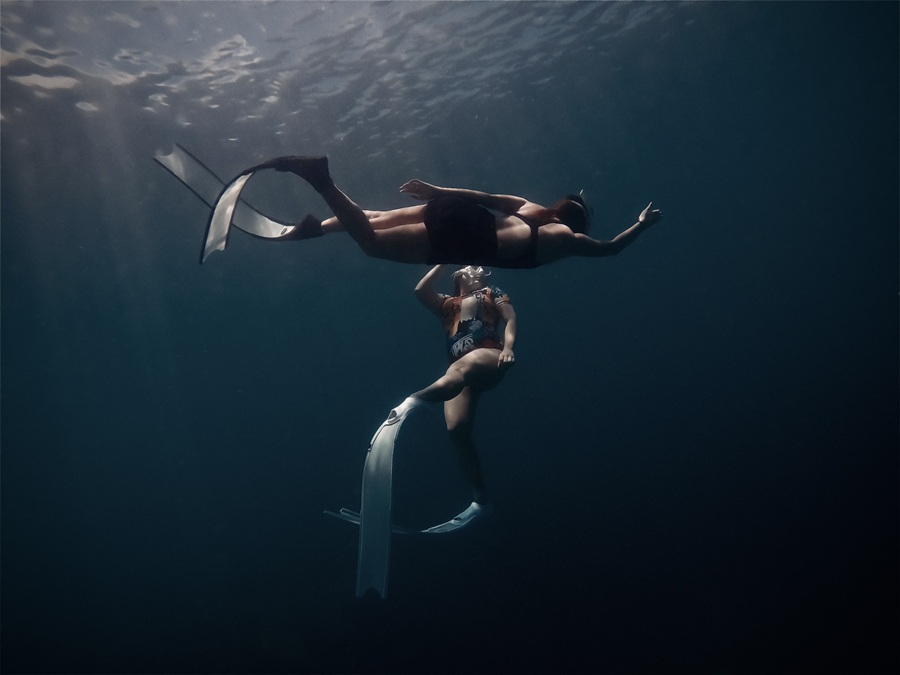
If there’s one freediving tip that every diver, beginner or pro, swears by, it’s this: never dive alone.
Freediving is a beautiful and personal experience, but it’s not something you should do solo. No matter how shallow the dive or how calm the water looks, the risk of blackouts, disorientation, or cramps is always there. That’s why diving with a buddy is non-negotiable.
✅ Why You Need a Freediving Buddy
-
They monitor your dives: Your buddy watches your time underwater and is ready to respond if anything goes wrong.
-
They can help with recovery: Even shallow-water blackouts can happen in beginners. A trained buddy can perform surface rescue if needed.
-
They build your confidence: Knowing someone is watching you makes your first dives feel safer and more relaxed.
🧡 Fun fact: Even world-record freedivers have surface safety teams watching every dive. Freediving is never a one-person show.
📌 Rule of thumb: If you’re underwater, someone should always be watching you from the surface.
Make sure the right freediving buddy is trained in freediving safety protocols, not just tagging along. If you’re taking a course, your instructor will act as your buddy until you’re paired with another student or certified diver.
Safety isn’t just a rule, it’s what gives you the freedom to explore, grow, and enjoy every moment beneath the surface.
4. Listen to Your Body and Know Your Limits
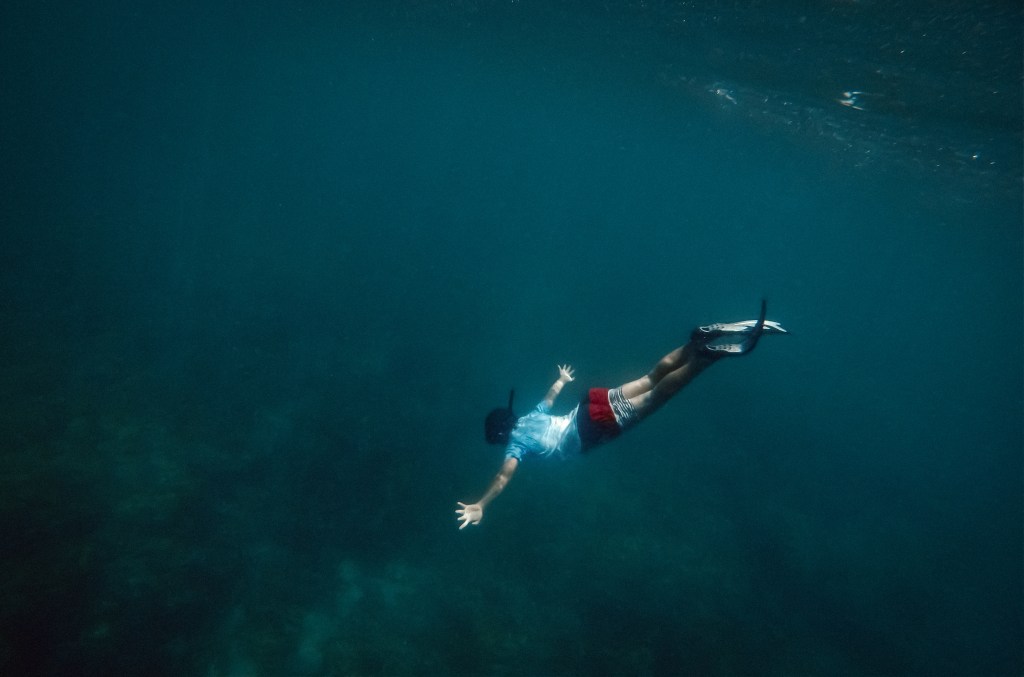
One of the most important freediving skills isn’t physical. It’s learning to listen to your body. In freediving, ignoring warning signs can lead to serious consequences, especially if you’re trying to push yourself too far, too fast.
Every body is different. Some people take to breath-holding quickly. Others need time to build up relaxation and comfort underwater. Either way, if you’re paying attention, your body will tell you what it needs.
✅ What to Watch For
-
Uncomfortable pressure in your ears or chest
-
Panic, tightness, or tunnel vision
-
Feeling unusually cold, dizzy, or disoriented
-
The urge to breathe that comes too early or too intensely
These aren’t challenges to conquer—they’re signals to pause, rest, and reset. Every dive is a chance to learn, not a test to pass.
🌿 Freediving is not about how deep you go. It’s about how deeply you connect—with yourself, your breath, and your limits.
🧘♀️ How to Freedive Safely as a Beginner:
-
Always give yourself time to relax between dives.
-
Rest at least twice as long on the surface as your last dive duration.
-
Never ignore physical discomfort—there’s no ego underwater.
Remember, your safest dive is your best dive. Pushing past discomfort too soon can turn a peaceful experience into a dangerous one. Respecting your body isn’t a weakness—it’s what makes you a real freediver.
5. Respect the Ocean and Everything In It

Freediving is also a relationship. The ocean lets you in, and in return, it’s your job to respect everything living in it. As a beginner freediver, learning ocean etiquette is just as essential as learning how to equalize or breathe up.
It’s not about rules. It’s about reverence.
🌊 Do’s and Don’ts When Freediving
DO:
-
Maintain good buoyancy so you don’t crash into coral
-
Observe marine life from a distance—let them come to you
-
Pick up any trash you find floating (bonus points)
-
Be calm and quiet—your energy matters underwater
DON’T:
-
Touch, chase, or feed wildlife
-
Stand on or grab coral or rocks
-
Leave gear, fins, or trash behind
-
Kick up sand, especially around reefs
🐠 Remember: You’re a guest in someone else’s home.
Practicing sustainable freediving helps protect the ocean ecosystems you love. Plus, the more respectful you are, the more likely marine creatures will feel safe around you, making your freediving experience even more magical.
Even if it’s your first dive, you’re already part of the ocean community. Show up with care, and the sea will show you wonders.
Frequently Asked Questions About Beginner Freediving
Is freediving safe for beginners?
Yes. Freediving is safe for beginners when done with the proper guidance, safety protocols, and a trained buddy. Always dive within your limits and never dive alone. Taking a course with a certified freediving instructor is the best way to start safely.
What gear do I need to start freediving?
Beginner freediving gear typically includes a low-volume mask, simple snorkel, and long-blade fins. Depending on water temperature, you may also want a wetsuit or rash guard. It’s okay to rent gear while you’re still figuring out what works best for you.
Can I eat before freediving?
Yes, but keep it light. Eat 1 to 2 hours before diving, and avoid greasy or heavy meals. Stick with light foods like fruit, toast, or oatmeal. Avoid caffeine and alcohol, as they raise your heart rate and can affect your ability to relax during breath-hold.
How long should I hold my breath as a beginner?
There’s no set number. Most beginners start with 30–60 seconds of breath-hold during relaxed dives. Focus on staying calm and aware of your body, rather than chasing a specific time. Breath-hold capacity improves with practice and proper training.
Can I freedive alone if I stay shallow?
No. Even in shallow water, you should never freedive alone. Blackouts can happen near the surface, and having a trained buddy is essential for your safety. Always follow the buddy system, regardless of depth or experience level.
What’s the difference between snorkeling and freediving?
Snorkeling is done at the surface while breathing through a snorkel. Freediving involves holding your breath and diving below the surface without any air tanks. Freediving requires breath control, equalization, and specific safety techniques.
Conclusion: Your First Freedive Starts With One Breath
You don’t have to be fearless. You just have to be curious and willing to try.
Freediving isn’t about depth or records. It’s about learning to trust your body, listen to your breath, and move gently through the ocean like you belong there. Because you do.
With the right gear, a light mindset, and a deep respect for safety and the sea, you’ll find that your first freedive doesn’t need to be perfect to be unforgettable.
Take it one tip, one breath, one buddy dive at a time.
To the quiet moments and the wild ones, see you soon!
👉 Want more beginner tips and dive inspiration?
Check out these reads next:
-
3 Amazing Health Benefits of Freediving That You Need to Know
-
Freediving in Pandilusan Island – A Hidden Gem for Beginners
- Dapitan City: The Best Diving Destination in Zamboanga del Norte
-
Top Beginner Freediving Spots in the Philippines (coming soon)

Stories That Travel with The Orange Mermaid ✨
I write for people like you, curious souls, quiet wanderers, and brave first-timers. If you’re craving real stories, personal travel guides, and a glimpse into what it’s like to travel the world as a solo female traveler, you’ll feel right at home at The Orange Mermaid.
With love and a carry-on,
Michelle

